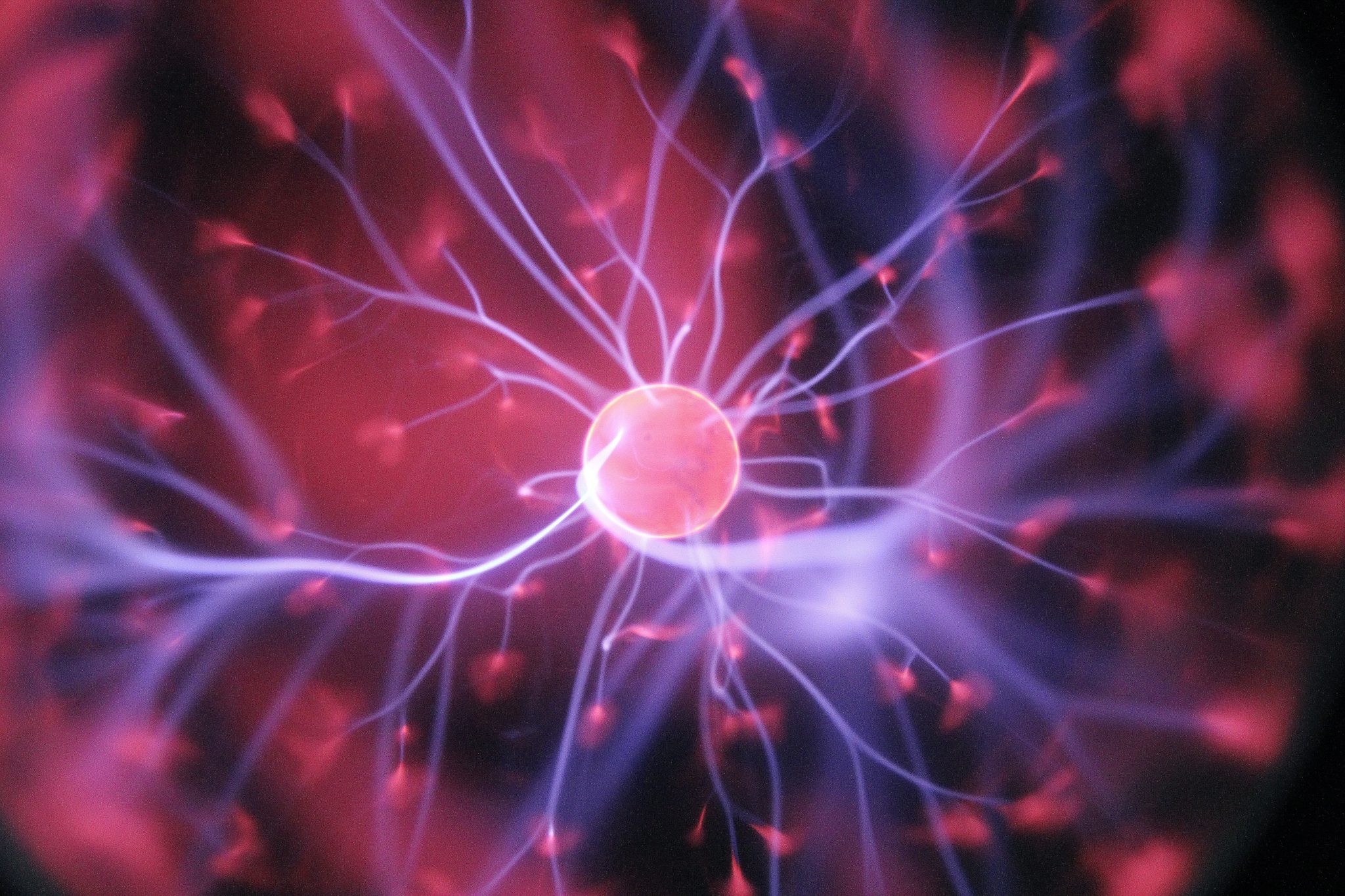TMS Clinical Trial Success: Magnetic Neural Stimulation a Promising Treatment for Addiction
Addiction is a complex and challenging condition that affects millions of individuals worldwide. Traditional treatment methods have had varying success rates, leaving a pressing need for innovative approaches to combat addiction. Transcranial magnetic stimulation (TMS) has emerged as a potential game-changer in the field, offering hope for those struggling with addiction. In this blog post, we delve into the world of TMS and its potential as a groundbreaking treatment option for addiction. Although, it is important to remain cautious when presented with any “magic bullet” in the face of such a complex disease.

TMS: Transforming Addiction Treatment
In recent years, transcranial magnetic stimulation (TMS) has garnered attention for its positive outcomes in clinical trials involving various substance dependencies, including cocaine, alcohol, heroin, methamphetamine, and cannabis. This brain-zapping therapy has shown promise as an aid for cigarette smokers seeking to quit, receiving regulatory authorisation in multiple countries. Although most studies in this field have been small and short-term, researchers are working to refine TMS protocols specifically designed for substance-use disorders.
Room for Improvement
Researchers are continually conducting controlled studies to enhance TMS protocols and optimise brain circuit targeting. By incorporating brain scans and other tests of brain activity, they aim to refine the treatment for mainstream adoption. One area of interest is intermittent theta-burst stimulation, a form of TMS that delivers high-frequency magnetic pulses over a condensed timeframe. This innovation holds the potential for making TMS more accessible and reducing session durations, benefiting individuals with addiction. The valuable data collected from research participants aids in testing and improving these novel concepts.
The Impact of TMS
Practitioners of TMS champion its transformative potential, citing significant improvements in the lives of individuals struggling with addiction. Mental health therapists have witnessed firsthand the positive impact of TMS on people with various substance dependencies. However, the urgency to find effective addiction treatments remains high, given the alarming statistics surrounding drug overdoses and the immense socioeconomic costs associated with substance abuse.
Building on Short-Term Effects
One notable study focused on chronic cigarette smokers who had previously struggled to quit. By administering TMS for several weeks, researchers observed higher quit rates and reduced cigarette consumption compared to those who received placebo treatment. These results led to regulatory authorisation for TMS as a treatment for nicotine addiction. However, the challenge lies in maintaining long-term abstinence, as relapse rates tend to increase in the absence of additional interventions like cognitive behavioural therapy or medications.
Tailoring Treatment for Success
Researchers are investigating different types of brain stimulation techniques to combat addiction. The effectiveness of TMS is closely linked to the specific brain structures targeted during treatment. Innovative coil designs and stimulation technologies, such as deep TMS and transcranial direct current stimulation (TDCS), offer potential avenues for refining addiction treatment. However, personalised approaches that account for individual motivations and brain activity patterns related to drug use are also crucial to maximise treatment outcomes.
The Quest for Precision
Researchers are investigating different types of brain stimulation techniques to combat addiction. The effectiveness of TMS is closely linked to the specific brain structures targeted during treatment. Innovative coil designs and stimulation technologies, such as deep TMS and transcranial direct current stimulation (TDCS), offer potential avenues for refining addiction treatment. However, personalised approaches that account for individual motivations and brain activity patterns related to drug use are also crucial to maximise treatment outcomes.
The Potential of Brain Stimulation in Helping Addiction Treatment
Transcranial magnetic stimulation (TMS) presents a potential avenue for revolutionising addiction treatment. While promising results have been observed, further research is required to refine TMS protocols, improve long-term outcomes, and tailor treatment to individual needs. The potential of TMS to transform lives and combat addiction offers hope for individuals battling substance dependencies. By continuing to explore this innovative therapy, researchers and practitioners aim to unlock new possibilities in the fight against addiction.

